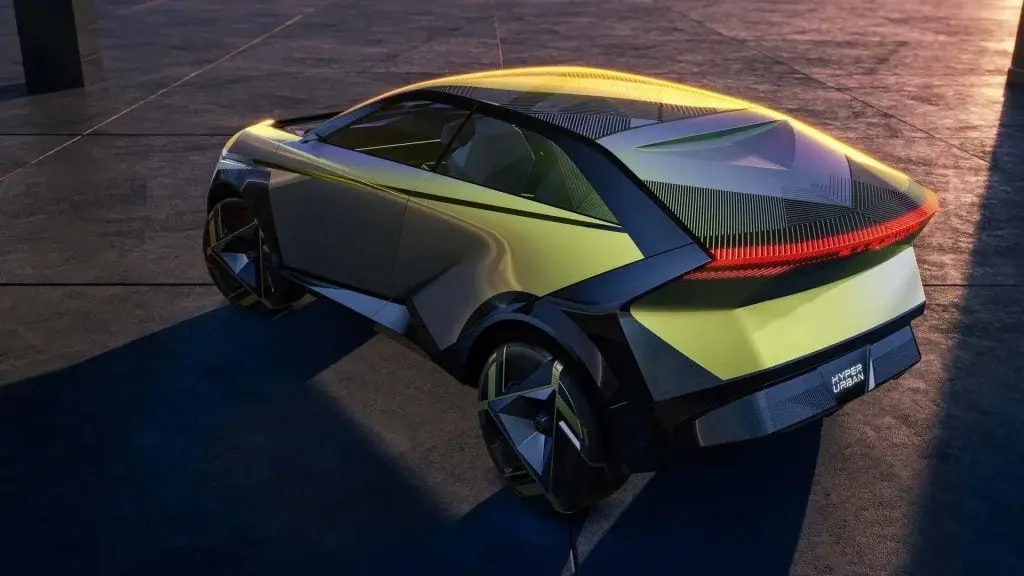Nissan is making a significant move towards electrifying its vehicle lineup, with a major focus on updating popular models like the Juke and Qashqai, alongside the next generation of the Leaf. This transformation is taking place at Nissan’s Sunderland plant in the UK, a key hub for its electric vehicle (EV) production. What’s intriguing about this plan is the infusion of up to £3 billion (about $3.75 billion) into this project, indicating Nissan’s commitment to electric mobility.
Drawing Inspiration from Concept Cars
A unique aspect of this development is the inspiration Nissan is drawing from its ‘Hyper’ series of concept cars. These concepts, showcased at the Japan Mobility Show, are set to shape the design of the new electric versions of the Juke and Qashqai. The Hyper Urban Concept will influence the Qashqai EV, and the Hyper Punk Concept will guide the design of the Juke EV. This approach signifies a fusion of cutting-edge design with practical EV technology.
Boosting Production Capacity and Infrastructure
The investment will also boost the production capacity and infrastructure at the Sunderland plant. This includes the establishment of three battery gigafactories in partnership with Envision AESC, highlighting the importance of sustainable and efficient battery production in the EV ecosystem.
Commitment to Renewable Energy
Another key aspect of Nissan’s plan is its commitment to renewable energy. The EV36Zero Microgrid will supply 100% renewable electricity for the production of these EVs and their batteries, showcasing Nissan’s dedication to eco-friendly manufacturing processes.
Overall, Nissan’s move towards electrification and its investment in the Sunderland plant demonstrate the company's dedication to electric mobility and sustainable manufacturing practices. By drawing inspiration from its concept cars and partnering with Envision AESC for battery production, Nissan is positioning itself as a leader in the EV market. The use of renewable energy further solidifies its commitment to reducing its carbon footprint and creating a greener future. With these advancements, Nissan is set to make a significant impact on the automotive industry and pave the way for a more sustainable transportation sector.


Leave a Reply